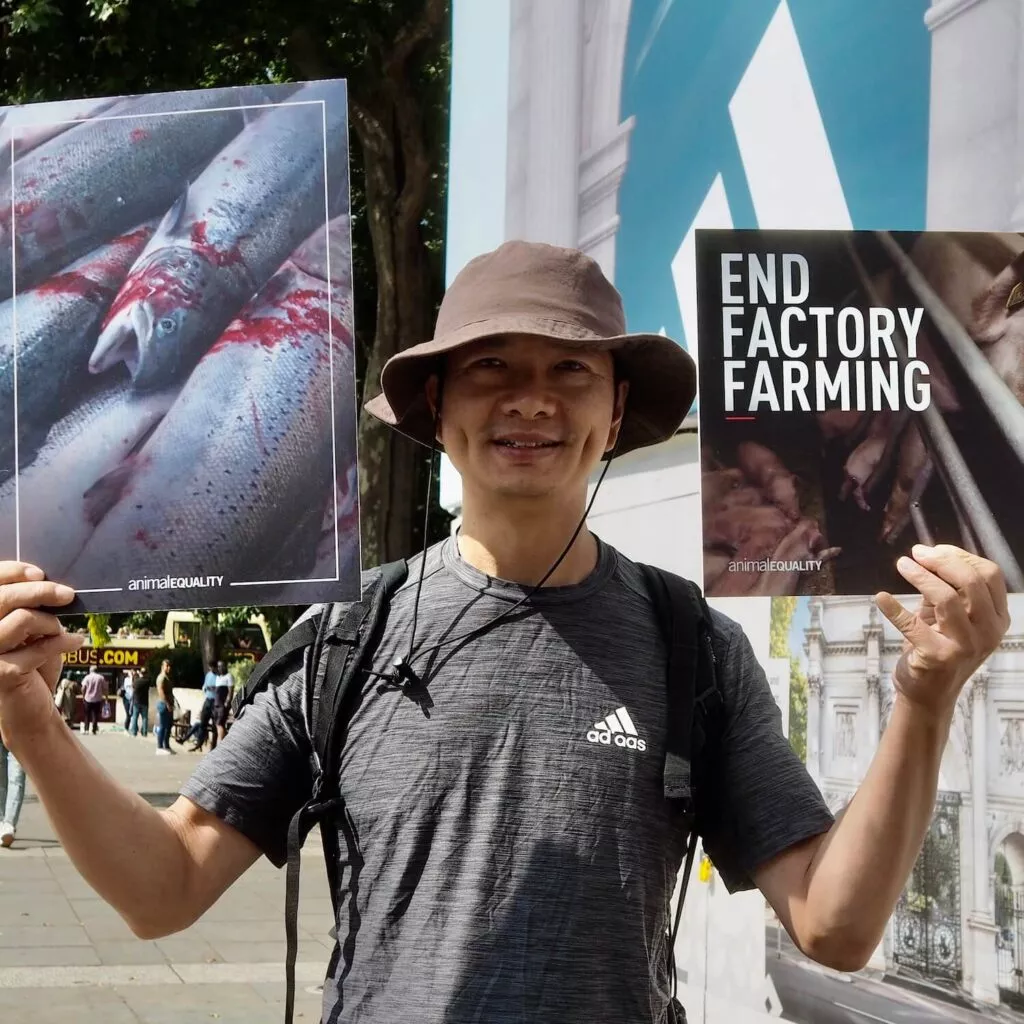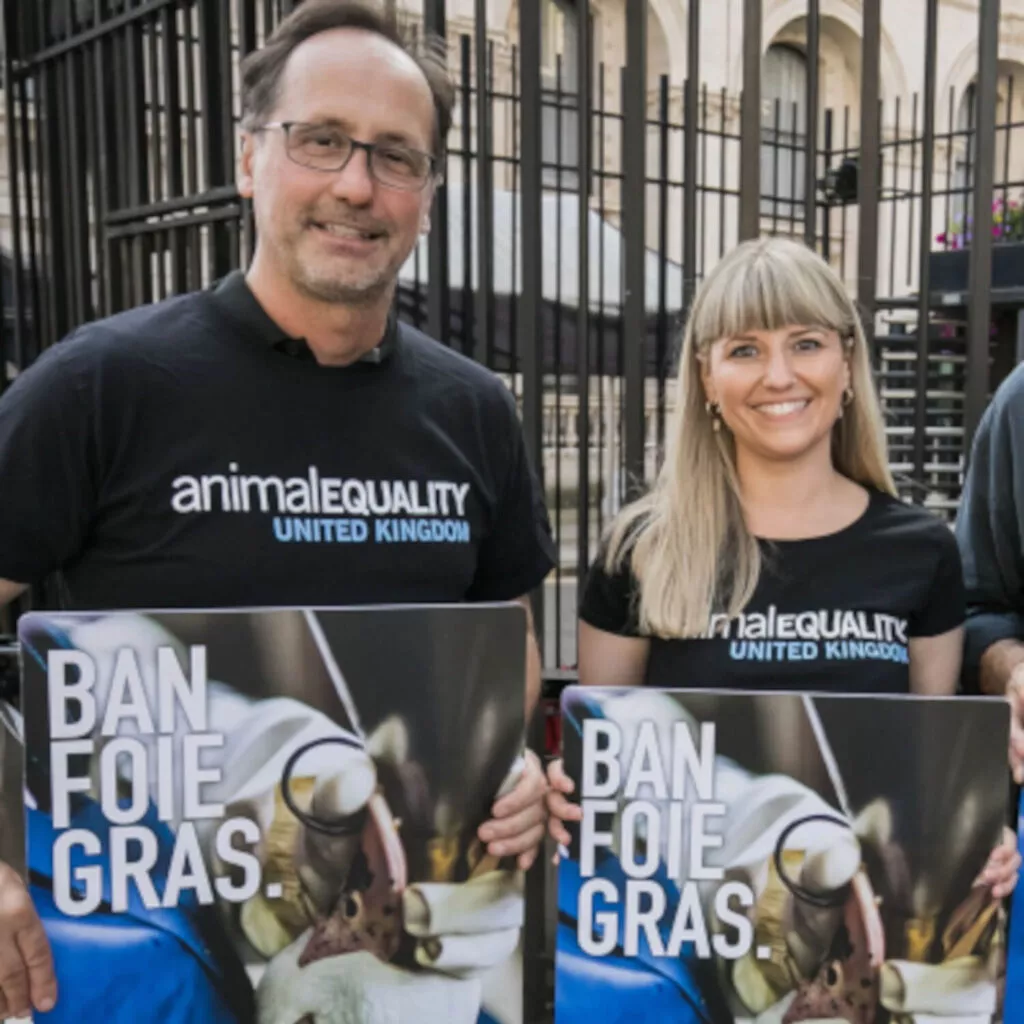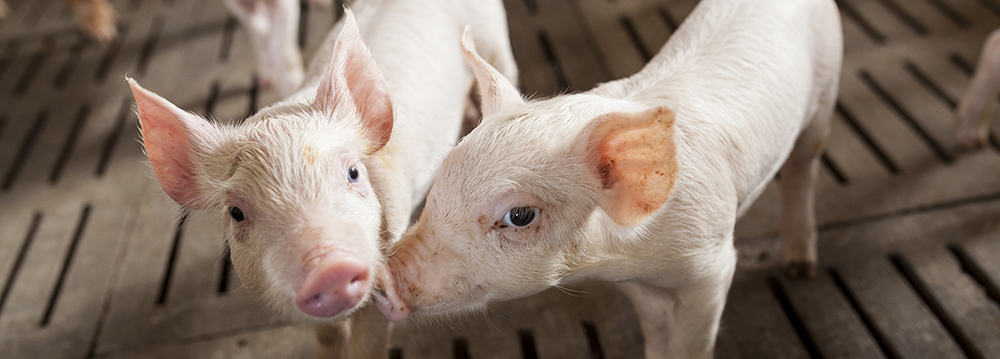
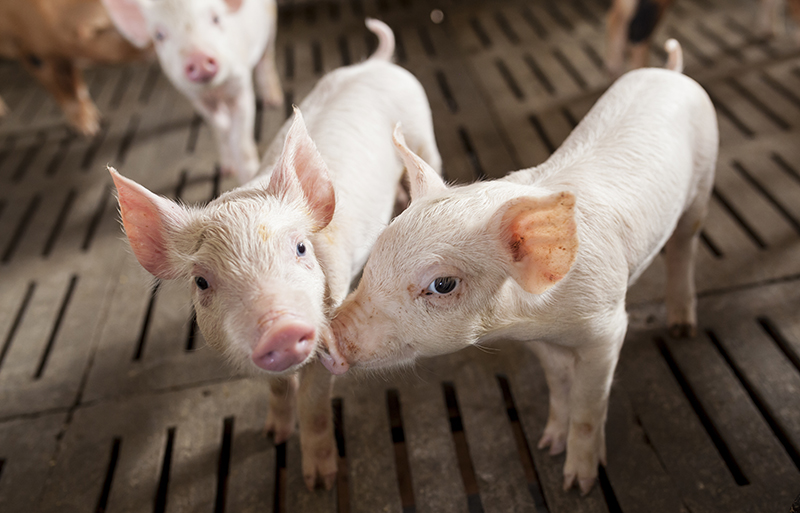
The Day The Scientific Community Changed The Way They View Animals
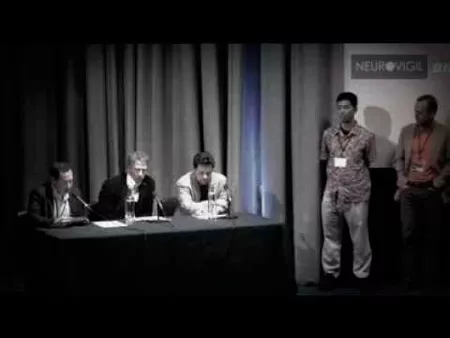
Anyone who lives with animals or observes them in the wild already knows: animals are self-aware and respond to the world around them. However, as the prominent neuroscientist Philip Low, responsible for drafting the Cambridge Declaration on Consciousness that day commented to the audience, “We decided to reach a consensus and make a statement to the non-scientific public. Yes, it is is obvious to everyone in this room that animals have consciousness, but it is not obvious to the rest of the world. It is not obvious to the rest of the Western world or the Far East. It is not obvious to society.”
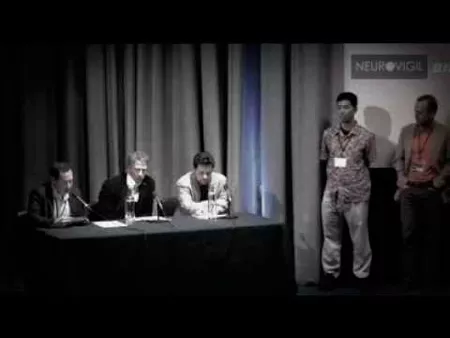
The ability of animals to be aware of themselves and the world around them was already common knowledge and accepted by many scientists. But that day, in the prestigious University of Cambridge, this has become an official and historical statement. Philip Low, a brilliant and renowned neuroscientist knew well, maybe that’s why he proudly declared on his Twitter that he is vegan. Low, researcher at the University of Stanford and MIT (Massachusetts Institute of Technology), read the recorded statement in front of renowned scientists, who included Stephen Hawking.
How is this official declaration made by the scientific community useful? Evolutionary biologist, strong animal rights advocate, vegan, and co-founder with Jane Goodall of Ethologists for the Ethical Treatment of Animals, Marc Bekoff, was questioning the same thing in the internationally known journal New Scientist. However, he stated, “Let us applaud the Cambridge Declaration on Consciousness and work hard to get animals the protection they deserve. And let us hope that the declaration is not simply a grandstanding gesture, but rather something with teeth, something that leads to action. We should all take this opportunity to stop the abuse of millions upon millions of conscious animals in the name of science, education, food, clothing, and entertainment. We owe it to them to use what we know on their behalf and to factor compassion and empathy into our treatment of them.”
Recommended
